‘This Is the Time to Act Collectively’: Anticipating Coronavirus Spread, Groups Seek to Scale Up Handwashing and Hygiene Efforts
Supply chains and viral campaigns are up against a global virus.
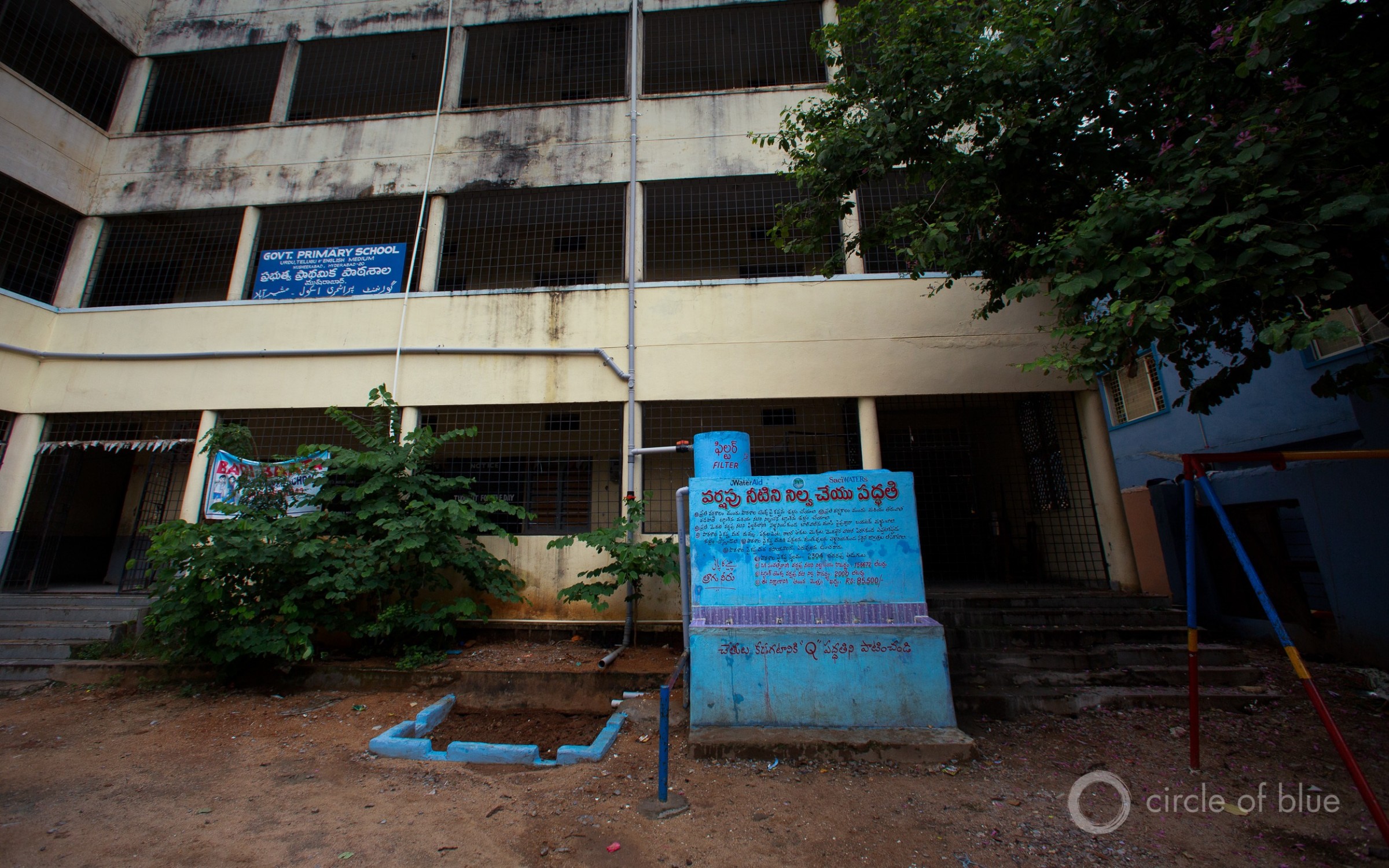
A handwashing station at an orphanage in Hyderabad, India. Photo © J. Carl Ganter/Circle of Blue
By Brett Walton, Circle of Blue
In tweets and business tweaks, the world is relearning that clean hands are a first line of defense against disease and infection.
Amid the global coronavirus pandemic, handwashing and hygiene are swelling in urgency and support, even though the message being delivered is not new.
“It’s a known solution,” said Lindsay Denny, health adviser to Global Water 2020, a water, sanitation, and hygiene advocacy group. Denny was referring to hygienic practices being a safeguard against disease transmission. “We’ve known the solution for 150 years. It absolutely could be scaled and should be scaled up.”
Handwashing is a hard sell in calm times, when aspects of the health and medical industry like drug development attract more attention and funding than preventative measures. But today, the simple but potent combination of soap and water is having a moment that advocates are looking to take advantage of.
Though messages about handwashing and hygiene are breaking into the mainstream during the Covid-19 outbreak, the global nature of the pandemic is erecting extraordinary barriers to the movement of goods.
“It’s a difficult situation,” Maggie Montgomery, World Health Organization technical officer for water, sanitation, and hygiene, told Circle of Blue. “It’s the first outbreak in modern times where every country is affected. Countries that would normally be providing supplies can’t because they are dealing with the virus in their own borders.”
The World Health Organization is collaborating with logistics management teams within the United Nations system — World Food Program and UNICEF — to access masks, gloves, soap, sanitizers, and other hygienic supplies for healthcare facilities, which have high vulnerability because of the close contact between workers and sick patients.
Michael Ryan, executive director of the health emergencies program at the World Health Organization, drew a parallel to the rush on toilet paper and other consumer goods in grocery stories.
“There is a scramble in the market, and we do need order and discipline in that,” Ryan said at a press conference this week.
Meeting demand for supplies, distributing the products, and positioning handwashing facilities in crowded, high-risk areas like healthcare facilities, supermarkets, transit centers, and religious buildings will require an all-hands-on-deck approach, said Om Prasad Gautam, global hygiene lead for the charity WaterAid.
“This is the time to act collectively,” Gautam told Circle of Blue.
The network of actors is vast, he said. National governments need to prioritize funding through their health ministries. Donor agencies like the U.S. Agency for International Development and foundations like Wellcome Trust need to plug funding gaps and coordinate logistics. Non-governmental organizations need to spread consistent messages. Businesses need to fortify their production capacity, while civic groups and individuals need to heed the advice of public health authorities.
Several businesses have responded to soaring demand by flipping the switch on their production lines. LVMH, a French conglomerate known for Louis Vuitton handbags and Dior perfume, is using its fragrance factories to produce hand sanitizer. In Kenya, the oil industry has been recruited to ramp up manufacturing and distribution of hand sanitizer.
The government of Ethiopia announced on March 16 that it would allocate funding to provide soap, alcohol-based sanitizers, and protective equipment to “critical locations.” The government will also launch a national hygiene campaign.
Handwashing campaigns have already taken flight on social media. Government leaders, celebrities, and engaged citizens are taking the #SafeHands challenge by posting handwashing videos on Instagram and Twitter. A video from Abiy Ahmed, prime minister of Ethiopia, was viewed more than 100,000 times, while the renowned soccer club Liverpool FC used a fast-moving counter-strike to demonstrate the length of time needed to sanitize hands.
Putting handwashing facilities in place — and tweeting about them — is only part of the challenge. The end goal is to convince people who rarely use soap and water that the hygienic practice is worth an extra 20 seconds at the faucet.
The field of handwashing surveillance has sparse data, but the most comprehensive analysis to date found that fewer than one in five people washed their hands with soap after using the bathroom.
Facilities and knowledge need to be combined, Gautam said.
Brett writes about agriculture, energy, infrastructure, and the politics and economics of water in the United States. He also writes the Federal Water Tap, Circle of Blue’s weekly digest of U.S. government water news. He is the winner of two Society of Environmental Journalists reporting awards, one of the top honors in American environmental journalism: first place for explanatory reporting for a series on septic system pollution in the United States(2016) and third place for beat reporting in a small market (2014). He received the Sierra Club’s Distinguished Service Award in 2018. Brett lives in Seattle, where he hikes the mountains and bakes pies. Contact Brett Walton

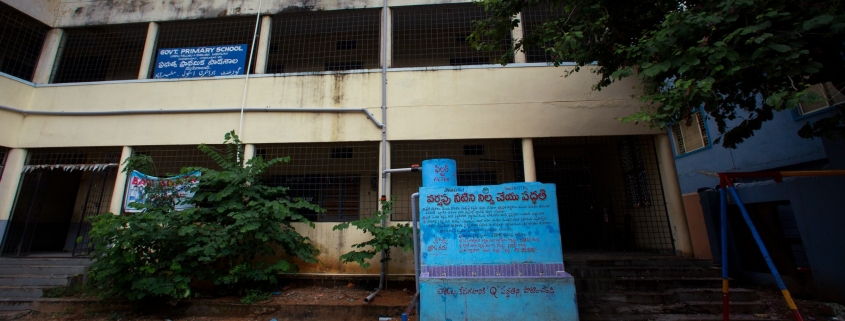

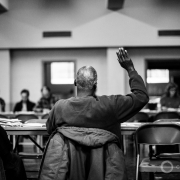

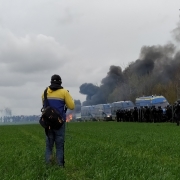
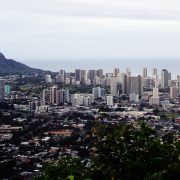
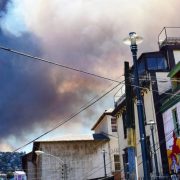


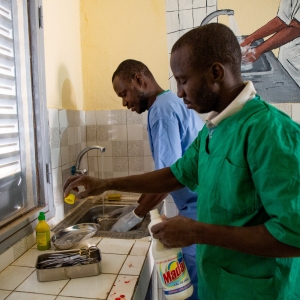

Leave a Reply
Want to join the discussion?Feel free to contribute!